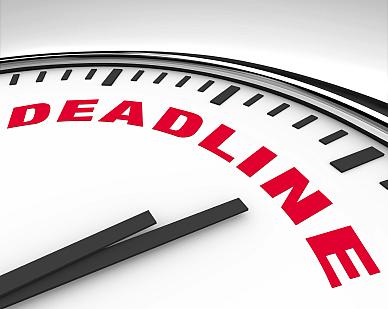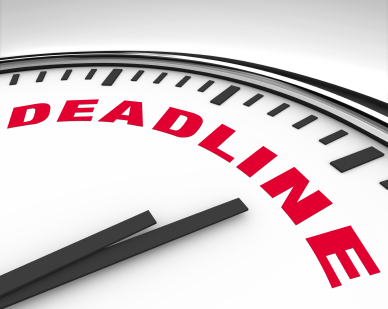Complete Health Reporting: How to Make A News Release Work For You in 55 Minutes

 This is part of my ongoing series explaining the 10 essential elements to writing a complete story about a treatment, drug or device.
This is part of my ongoing series explaining the 10 essential elements to writing a complete story about a treatment, drug or device.
Reporters hate being accused of copying a news release.
Reviewers at HealthNewsReview.org make the criticism sparingly and after much deliberation, like bartenders steeling themselves for the blow-up when they cut off a customer. As I explained on Friday, it's an understandable attempt to save time.
But even under serious deadline pressure, you can build a solid health story without cribbing from a news release. Here's my 55-minute solution.
One minute. When you receive a news release, think about the credibility of the organization behind it. Is it a trustworthy institution with a track record? Is the release describing the science behind a study or selling a product? In the press release for the device I wrote about Friday, the device's name always appears with a registered trademark symbol. And in a video that Loyola University Medical Center released about the device, drawings of the device are clearly branded.
Three minutes. Read the release carefully. My fellow reviewer at HealthNewsReview.org, Harold Demonaco, told me, "Some of the stories have actually scored well but only because of the quality of the press release. The trouble is you don't know if it is a good press release unless you examine the source document."
Five minutes. Read the study. It may even take you less than five minutes. Marco Bertamini and Marcus R. Munafò made an interesting case in The New York Times in January that studies are increasingly short on word count. If you can't get access to the study because it's behind a paywall, send a one-sentence email to the contact on the news release: "Please send me a copy of the study."
Five minutes. Start preparing your questions based on the discussion section, where the researchers usually spell out the limitations of the study. How strong is the evidence for these findings? How does this study build on past research? How many steps will it take for this research to be translated into new clinical tools? Take a hard look at how benefits and harms are quantified, which I will discuss in future posts. Look for the conflict of interest statement.
One minute. If there is a patient in the news release, send another one-sentence email: "Please send me four names and phone numbers of patients from the study from both the group that received the treatment and the control group." In doing so, you are upping the chances that you are going to get an unfiltered view of the research. You can bet that any patient quoted in a press release has been coached by the organization's communications team. Quotes in the release may have been written by the communications team, too. Most organizations, though, aren't going to have the time or staff to coach four patients in what to say and what not to say.
15 minutes. Interview the researcher. Ask the questions you jotted down before. If the benefits and harms are not quantified in real numbers – not percentages – then ask them for those numbers. Ask for the names of three competing researchers. Ask who peer reviewed the paper and if anyone had serious criticisms. Ask about what this new treatment will cost. Ask about the proof that the treatment is superior to existing alternatives. Ask whether the researcher or any of the authors on the paper have a financial interest in the treatment or ties to any person or company who might benefit from the treatment.
25 minutes. Interview at least two independent sources, including someone from that list of competing researchers.
If you write as you go, you might be done with this story in less than two hours.
Did I leave something out? Drop a comment below. Write me at askantidote@gmail.com. Follow me on Twitter @wheisel.
Photo credit: iStockphoto.com
Related Posts:
Complete Health Reporting: News Releases Should Spark, Not Replace Good Questions
